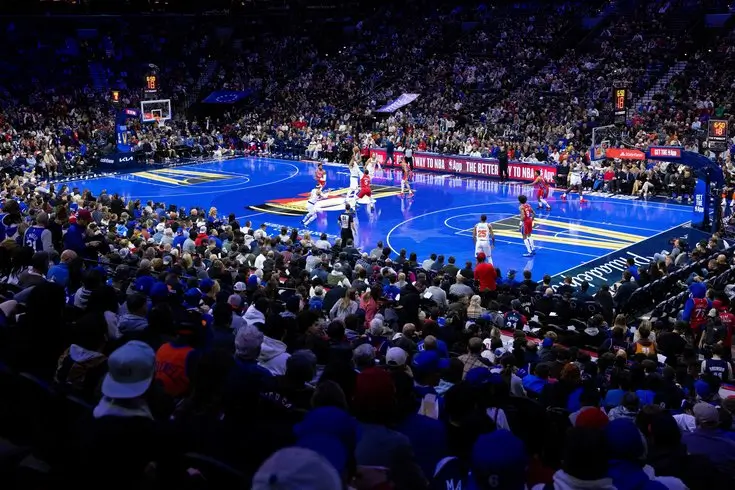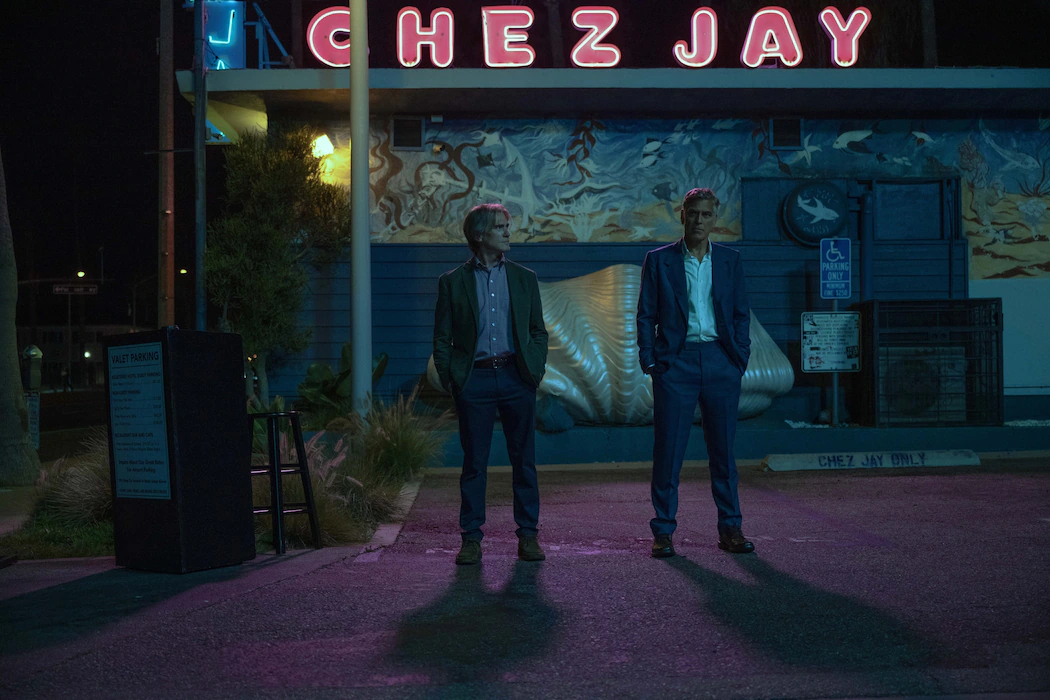In a quiet corner of Belgium this past weekend, amidst the whirring of carbon wheels and the rhythmic pounding of para-cyclists against time and terrain, a new chapter in Palestinian sports history was written. Two men—Alaa al-Dali and Mohamed Asfour—crossed the finish line in the top 20 at the Para-Cycling World Cup, marking not only personal triumphs but the first-ever such finish for Palestine at this elite global level.
That they achieved this while representing a stateless, war-scarred homeland—one currently facing an acute humanitarian catastrophe—elevates the meaning of their success beyond sport. Their story is not simply about medals or rankings. It is about survival. It is about identity. It is about defiance through motion and dignity reclaimed on two wheels.
From Siege to Saddle: The Origins of the Gaza Sunbirds
To understand the gravity of what Alaa al-Dali and Mohamed Asfour accomplished, one must begin in Gaza—not as a metaphor but as a crucible. Home to over two million people in a 365-square-kilometer strip besieged by war, displacement, and deprivation, Gaza is often imagined only through the lens of suffering. Yet within this narrow, blockaded land, dreams persist.
Alaa al-Dali’s journey toward becoming one of Gaza’s most visible athletes began not in a velodrome, but on the edge of a protest. In 2018, during the Great March of Return demonstrations—mass gatherings of unarmed Palestinians demanding the right to return to ancestral lands—al-Dali was shot in the leg by an Israeli sniper. A promising amateur cyclist at the time, his injury was so severe that his leg had to be amputated.
Yet where others might have surrendered to despair, al-Dali chose a different path. He co-founded the Gaza Sunbirds, a para-cycling team that emerged not just as a response to personal injury, but as a cultural act of reclamation. The Sunbirds represent Gaza’s unspoken promise: that even amidst destruction, Palestinians will find ways to move forward.
The team has trained with makeshift gear on roads cratered by shelling, without access to international-quality prosthetics, coaching, or even safe cycling routes. Yet through crowdfunding campaigns, diaspora networks, and international solidarity, they’ve managed to compete—and win—against the odds.
An Unlikely Ascent to Belgium
That Alaa al-Dali and Mohamed Asfour even arrived in Belgium to compete in the 2025 Para-Cycling World Cup is a logistical and political miracle. Both men were evacuated from Gaza amid the worsening humanitarian crisis following Israel’s military campaign and the collapse of health infrastructure. Evacuation required diplomatic negotiations, coordination with international sporting bodies, and the kind of bureaucratic finesse that often eludes Palestinians living under occupation.
Once abroad, the Sunbirds were met with open arms by the international para-cycling community, not only as competitors but as symbols of resilience. Their journey to Belgium—through Egypt, Jordan, and eventually to Europe—was not just a physical passage but a metaphysical one. It marked the transition from isolation to international legitimacy.
Riding for Palestine is not just a question of pride—it is often an act of resistance. Without a functioning state Olympic committee, without embassies to support visas or funds to back training camps, each race they enter is a battle before the starting gun is fired.
Making History on the World Stage
The Para-Cycling World Cup in Belgium saw competitors from over 50 countries, many of them representing nations with multi-million-dollar sporting infrastructures. Against this field, al-Dali and Asfour’s performance was nothing short of stunning.
Asfour clocked a top-20 finish in the H3 category, racing in a handcycle against some of the world’s best athletes, including Paralympic medalists and veterans of the international circuit. Al-Dali, competing in the same classification, followed closely behind, his pace unrelenting across the course’s undulating terrain.
Both men rode not just with physical endurance but with an emotional force that seemed to transcend the sport itself. Each push of the wheel was an echo of the struggle back home. Each kilometer marked another meter reclaimed for a people so often denied movement—be it through blockades, borders, or bureaucracy.
In interviews following their races, neither man spoke of victory in traditional terms. Instead, they spoke of Gaza. Of teammates left behind. Of family members under siege. Of children who watched them on borrowed smartphones. Of the dream that one day, para-sport in Palestine might flourish without the backdrop of catastrophe.
The Road to Ronse: A World Championship Awaits
With their top-20 finishes in Belgium, al-Dali and Asfour have now officially qualified for the 2025 Para-Cycling Road World Championships, set to take place from August 28–31 in Ronse, Belgium. This will be the first time that Palestinian para-cyclists will compete on the world championship stage—a momentous milestone for a stateless people often excluded from such global rites of passage.
For the Gaza Sunbirds, this is both an arrival and a beginning. Al-Dali has already expressed hopes to expand the team’s presence, scouting new para-athletes across the Palestinian territories and creating partnerships with international adaptive cycling programs. Asfour, too, has hinted at future ambitions, not only as a competitor but as a coach—someone who can pass the baton to the next generation of athletes with disabilities.
What is perhaps most moving is the sense of community that has coalesced around the Sunbirds. They are not merely riders; they are emissaries. Their jerseys carry not corporate logos but the names of martyred teammates, villages erased from maps, hopes never relinquished. Their rides are not measured in time trials alone but in the narrative power they wield.
Disability, Dignity, and Defiance
The success of al-Dali and Asfour calls into question much of how the world sees disability in war zones. In Gaza, an amputee is often cast as a symbol of pity or loss. The Sunbirds flip that script. Their athleticism reframes disability not as limitation, but as a site of political and human strength.
This framing is crucial because the conflict in Gaza has left thousands of Palestinians permanently disabled—many of them young, many of them without access to prosthetics, therapy, or rehabilitation. By competing internationally, the Gaza Sunbirds offer a different vision: one in which disabled bodies are not cast away but centered, celebrated, and made visible on the world stage.
Their cycling becomes metaphorical, too. It is about locomotion in a place where movement is constantly surveilled, policed, and denied. It is about velocity in a land where life is often paused. In their pursuit of speed, the Sunbirds assert a right to be seen, heard, and remembered.
A Glimmer of Sporting Diplomacy
Though sports often pride themselves on being apolitical, the reality is more complex. The Gaza Sunbirds’ journey to the World Cup—and soon to the World Championships—is inherently political. It involves questions of access, visibility, and national identity in a world that rarely accommodates stateless athletes.
But it also opens doors. The international attention garnered by the Sunbirds has already prompted cycling federations in Europe to consider partnerships that would fund equipment, training, and prosthetics for para-athletes in conflict zones. It’s an emergent form of sporting diplomacy—one that doesn’t erase politics but meets it with empathy and exchange.
For the UCI (Union Cycliste Internationale), the Sunbirds’ participation is not merely symbolic—it is precedent-setting. It could lead to expanded support for other para-athletes from occupied or marginalized regions. In that sense, al-Dali and Asfour are not just riding for Palestine. They are riding for every athlete who has ever been told they don’t belong.
Pedaling Toward a Different Future
What happens next for the Gaza Sunbirds remains uncertain. The war continues. Access to Gaza is near-impossible. Teammates remain trapped. Equipment breaks. Visas expire. Funding is scarce. Yet the momentum built from this historic showing in Belgium suggests something irreversible has begun.
Alaa al-Dali and Mohamed Asfour are no longer just cyclists. They are symbols of a people’s refusal to disappear. In every turn of the wheel, they bring the story of Gaza to the world—not as a tale of ruins, but as one of willpower, resistance, and reinvention.
Come August in Ronse, the Sunbirds will race again. And when they do, they will carry a flag that many in the international community still debate the legitimacy of—but that cannot be ignored when flown by athletes moving forward with such grace, speed, and unbreakable spirit.
For Palestine, for Gaza, for those who dream of flight even in cages—the Sunbirds soar.
No comments yet.








